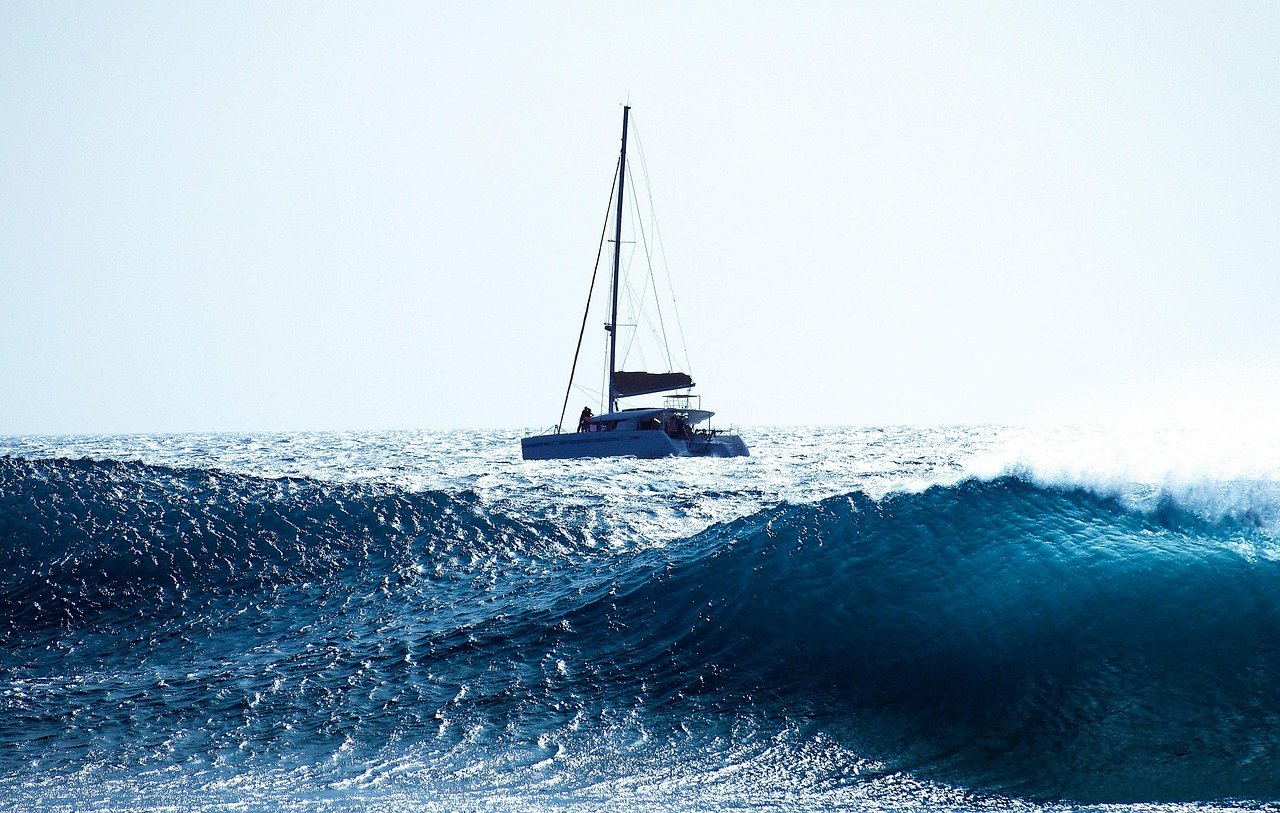Ahoy there! Prepare to set sail on the hilarious seas of boating safety and tips. Buckle up your lifejacket and get ready to dive into a nautical knowledge treasure trove.
Your Personal Arsenal for Safety at Sea
Nothing says “I’m ready to hit the water” like a well-packed safety kit. Let’s peek inside, shall we?
First off, we have the indomitable life jacket, also known as your literal life-saver. Colourfully designed with a nice touch of inspection expiry date, it’s a must-have for any boat trip.

The second one is as crucial as it sounds dramatic – the distress flare. It’s basically a firework aimed at telling people you’re in sticky situation — the maritime version of waving a white flag on a battlefield.
Don’t forget your maps and nautical charts, unless you have an unnatural affection for getting lost at sea. Also, your dear compass will always point you in the right direction when the stars are being unhelpful.
Finally, a horn or whistle should also be thrown in for good measure. It’s a fantastic tool for getting people’s attention or coordinating “I’m on a Boat” sing-a-longs, haven’t you heard?
Understanding the Psyche of the Sea and Weather
You don’t have to be a weather wizard to sail, but you should have a general idea about weather patterns. It would be rather embarrassing to head out into a hurricane because you thought the swirling clouds looked cool.
The sea is a fickle beast, full of unexpected waves and precarious winds that can cause your boat to rock-a-bye in all the wrong ways. So, do yourself a favor and check forecast data before heading out.
Keeping some weather-related apps handy can prove to be a lifesaver. You wouldn’t want to find yourself unwittingly reenacting scenes from “The Perfect Storm,” would you?
Speaking Boating Lingo
Communication on water can be just as whimsical as any David Attenborough documentary.
Let’s take “Starboard”. It’s not a Star-Trek gadget, it’s actually boat speak for “right.” It seems when people hit the water, left and right become too mainstream! Similarly, ‘Port’ is your ‘left’ at sea- as port wine is left on dinner tables, just remember it this way.
When Captain Ahab Isn't Around: Basic Boat Handling
No matter how often it happens, driving into somebody else’s boat is still frowned upon in the modelling boating community. Well, same goes for real boating.
You’ll also want to learn some basics like steering or stopping the boat- often it’s as simple as turning a wheel or pushing a lever. Of course, mastering the art of docking could keep you from getting stuck on a dock like a barnacle. So, take a boating course, lend an ear to experienced sailors or risk scaring off the sea gulls with your unskilled moves!
The Dos and Don'ts for Avoiding Seasickness
Seasickness likes to play hide and seek with us. It hides when we’re on land and seeks us out when we’re on the sea. If you’re one of the unlucky ones on its radar, here’s what you can do.
Do keep your eyes on the horizon. Don’t stare at the churning water. Do stay hydrated. Don’t overeat on spicy, greasy food unless you want to paint the boat’s deck in a modernist yet nauseating manner.

Frequently Asked Questions
Do we need a license to drive a boat?
Depends on where you live and the kind of boat you’re dealing with. When in doubt, check with your local maritime authority. They would love to talk someone out of a silly sailing manoeuvre.
What to do when encountering a huge, unidentifiable sea creature?
First rule of sea club: Don’t poke the creature. But in all seriousness, maintain a respectful distance, keep your cool and try not to squeal in excitement or fear.
Can I use boat horns to play a melodious rendition of "My Heart Will Go On"?
This might be music to your ears, but for others, it could be an unwanted symphony. Reserve your horn for emergencies, please.
Drinks on Boats? Yay or Nay?
A chilled beer on a sunny day might sound perfect. But remember, alcohol affects balance, coordination and judgement- three things you desperately need for safe boating.
Are Pirates a real concern?
Unless you’ve discovered an undocumented route to Neverland or forgotten centuries-old treasure, your chances of encountering Captain Hook are delightfully slim.
Conclusion
Boating can be an exhilarating experience – provided you’re well-equipped and au fait with some crucial elements. In the end, it’s all about using your common sense, and keeping a healthy respect for the sea, weather, and everyone else sharing it. A well-prepared sailor is a happy sailor. So, in the words of the great sea explorer, Erroneous Neptune, “May your seas be bumpy, your mistakes be few, and your laughter be plenty on this adventure of a lifetime. Happy boating!




